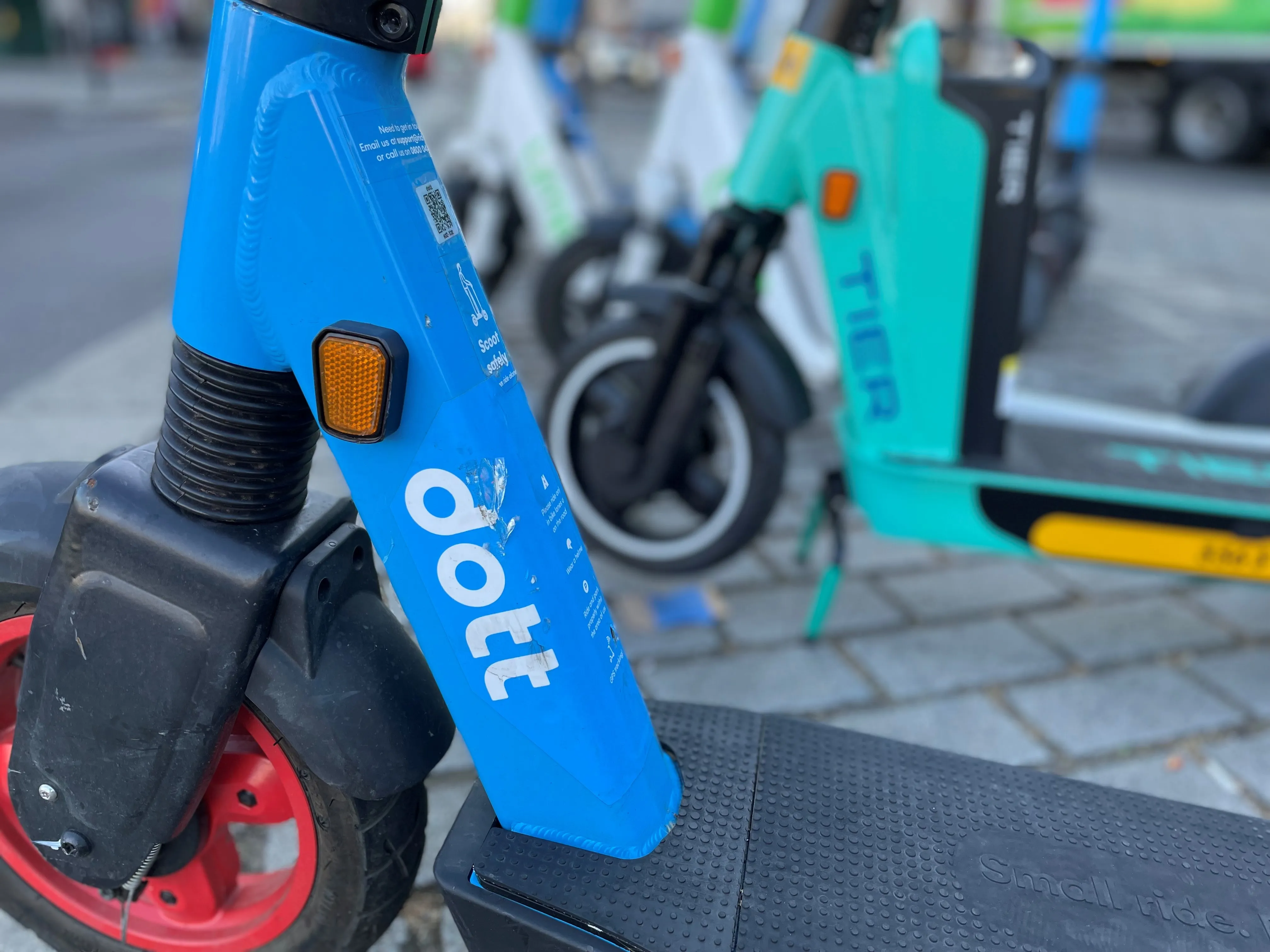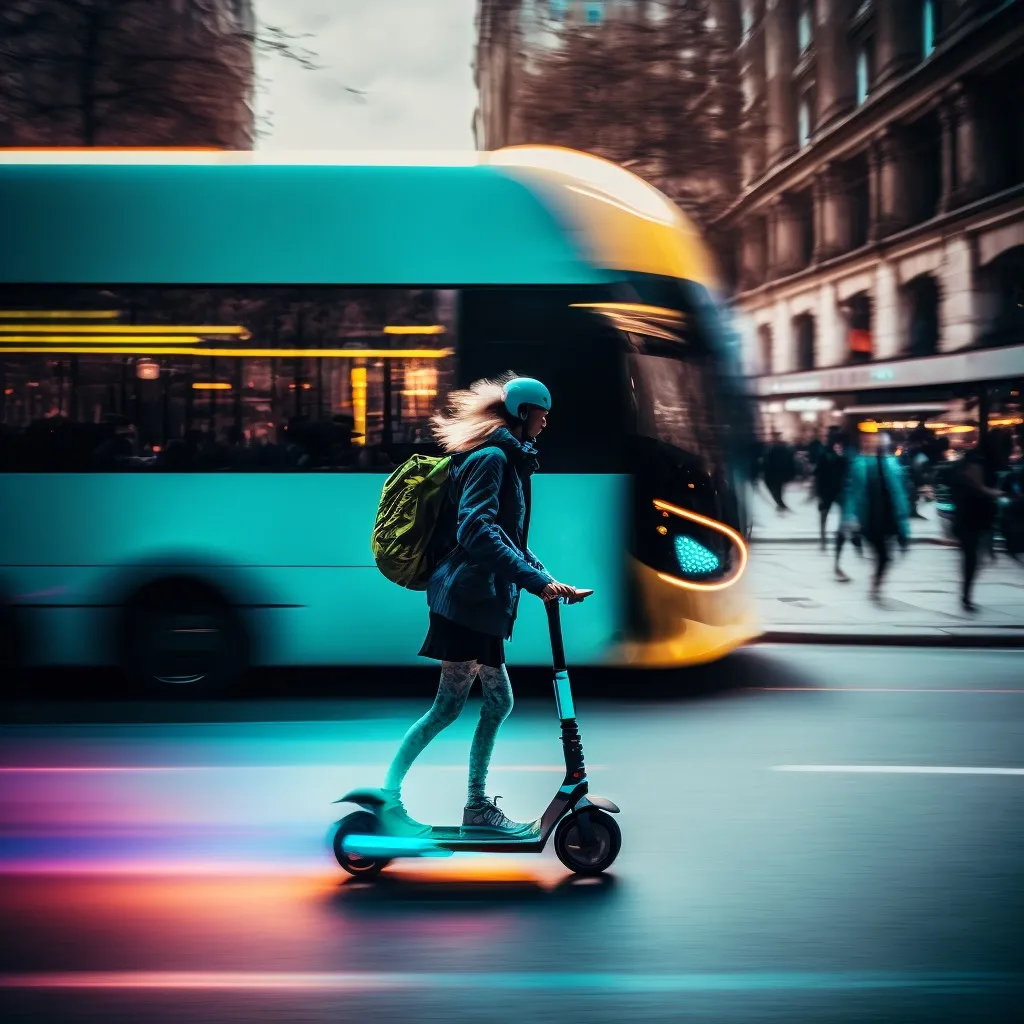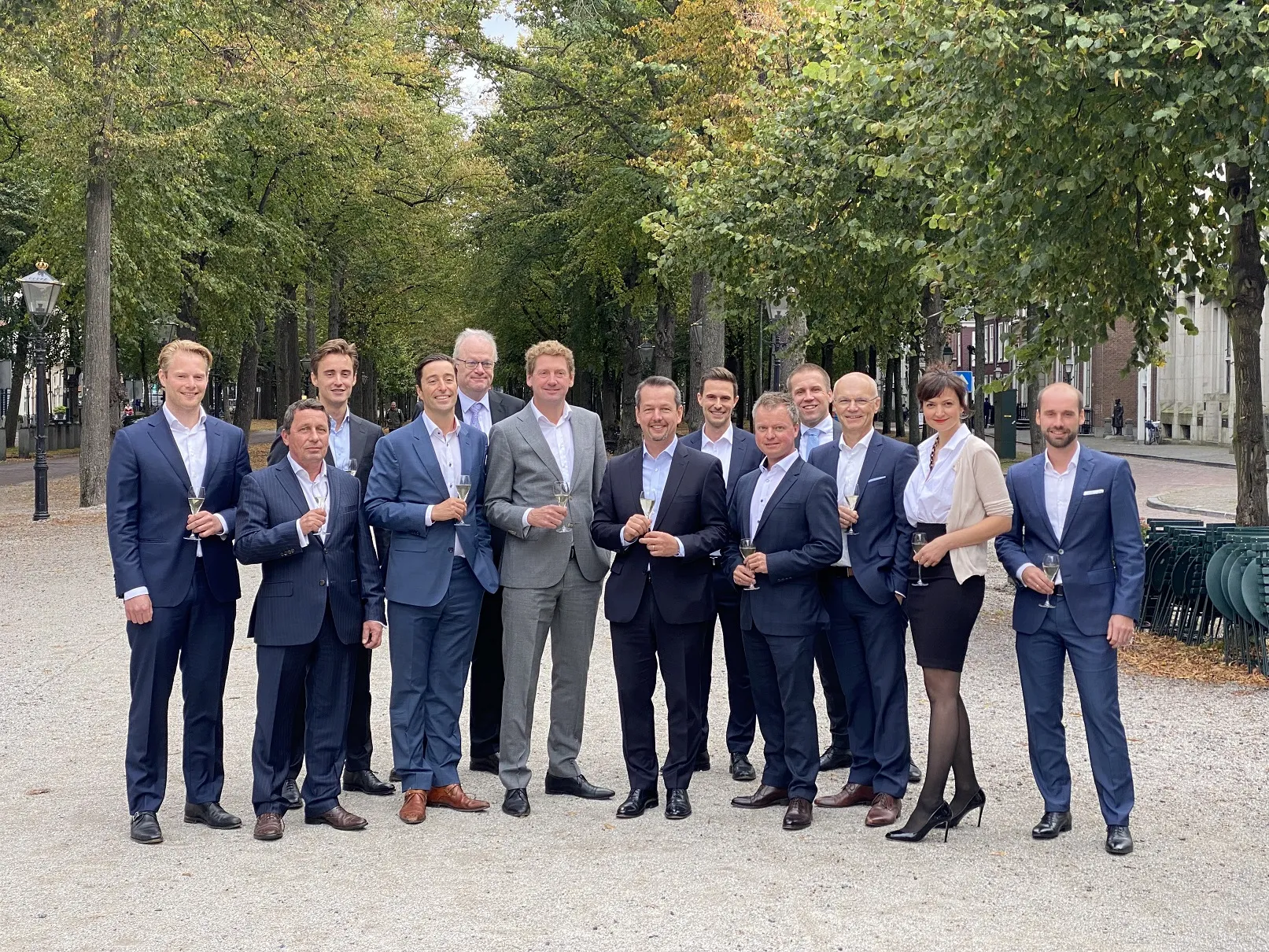
Tier and Dott are no longer riding solo.
The shared e-scooter and e-bike operators have announced a preliminary agreement to merge, forming a Europe-based micromobility group with revenues of €250m.
The combined entity will continue to operate under the Tier and Dott brands, with users accessing rides through their respective apps - although the firms say "more convergence [is] possible in the future".
Subject to several conditions, the transaction is expected to close by early March this year.
Both companies have a significant presence in various European cities, with Tier also in Saudi Arabia, Qatar and United Arab Emirates and Dott in six locations in Israel.
The deal is backed by existing shareholders of both firms, led by Mubadala Capital and Sofina, and including Estari, M&G, Prosus Ventures, Novator and White Star Capital, which are investing €60 million in equity "to support the long-term vision of the new joint business".
That vision includes providing more sustainable transport options, and cutting congestion and pollution in urban areas.
"Its mission is to lower car use by offering users a reliable and efficient service, well integrated with public transport and with minimal environmental impact," the firms say in a statement. "The new entity will combine the market-leading expertise from both operating models and incorporate the advanced technology from each service."
The new entity will headquartered in Berlin, with chairman Lawrence Leuschner (from Tier), CEO Henri Moissinac (Dott), chief operating officer Maxim Romain and Alex Gayer as chief financial officer.
Leuschner says: “I am delighted to join forces with Dott, further strengthening our position as the European micromobility champion and marking the next phase in the development of the industry. We are united by a shared vision of cities with more sustainable transport options and fewer cars, and we are committed to helping users and cities make this a reality. With an expanded footprint and combined expertise, I look forward to providing a record number of rides in 2024.”
Moissinac adds: “We are very optimistic about the future of shared micromobility. Cities are adapting to reduce car dependency, and encouraging people to make sustainable transport choices. We have built a service that users love, operated in a responsible way. By bringing Tier and Dott together, we are well positioned to capture the next phase of growth and further accelerate our path to profitability. We are creating the European champion that will provide the best experience to our users, carefully integrated into the cities we operate in.”








